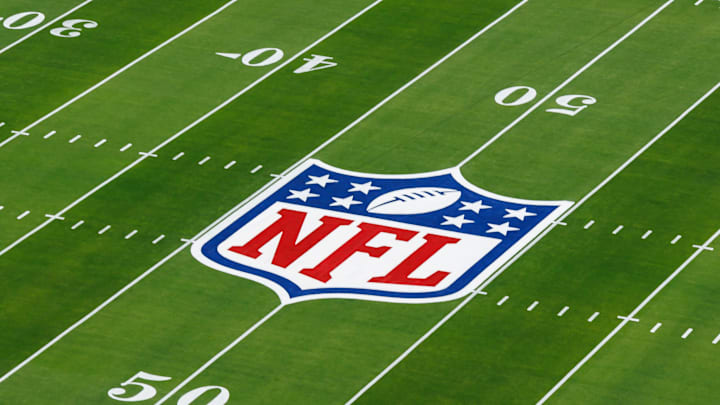In the NFL, the franchise tag stands as a pivotal tool for franchises aiming to retain key players as they approach unrestricted free agency. This tag is a contractual provision, embedded in the league's collective bargaining agreement, and serves as a strategic mechanism to keep a player for an additional season. It's also used to provide a buffer for negotiations.
There are three variations of the franchise tag: the exclusive franchise tag, the non-exclusive tag, and the transition tag.
The exclusive franchise tag binds players to their current team with a one-year contract offer, calculated as the greater of the average of the top five salaries at their position over the last five years or 120 percent of their previous salary. This option restricts players from negotiating with other teams and is used to force a player to return for the following year.
A closer look at the machinations of the NFL franchise tag and the variations available to teams in free agency.
On the other hand, the non-exclusive tag gives players a one-year contract based on the average of the top five salaries at the player's position. While the player can engage in negotiations with other teams, the original team holds the right to match any offer. Declining to match results in the original team receiving two first-round draft picks as compensation.
For those seeking a middle ground, the transition tag provides a one-year offer based on the average of the top ten salaries at the player's position. Negotiations with other teams are permitted, and the original team can match any offer, albeit without the hefty draft pick compensation.
The last time the Eagles used the franchise tag was back in 2012 with star wideout DeSean Jackson. Jackson had reached the end of his rookie contract, and the franchise tag was used to buy time before reaching terms on a new four-year contract that kept him in Philly through his prime years. Other past recipients include quarterback Michael Vick (2011), tight end L.J. Smith (2008), and defensive end Reggie White (1993).
The NFL franchise tag is a temporary measure for teams, granting them crucial time to negotiate a more permanent deal. While it offers a short-term solution, players typically aim for long-term stability and financial security, which makes the use of the tag a sticky situation for some teams who don't want to make a player and/or his agent upset.
